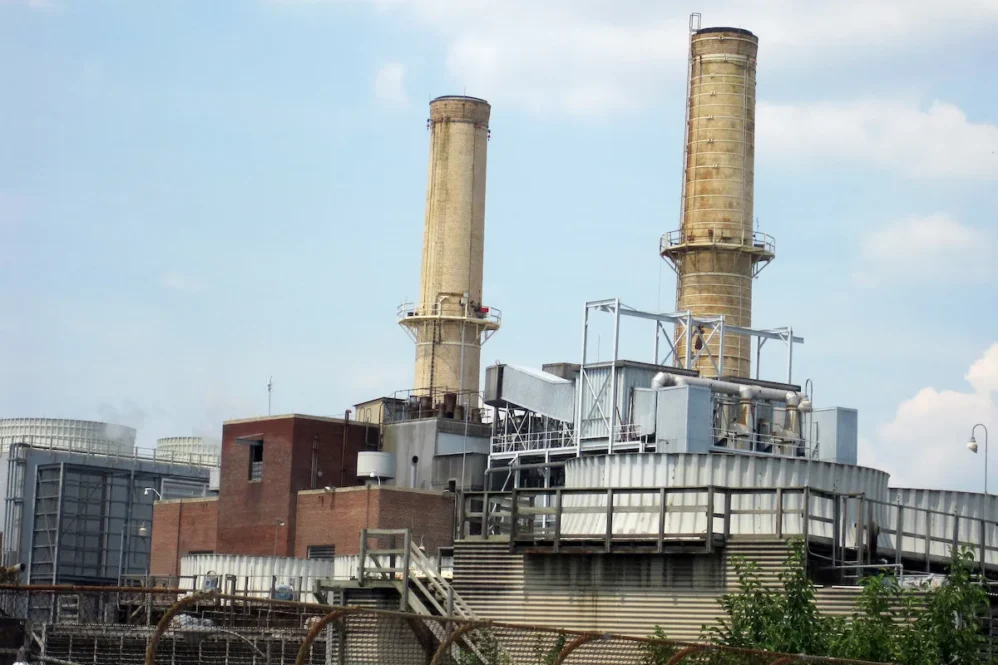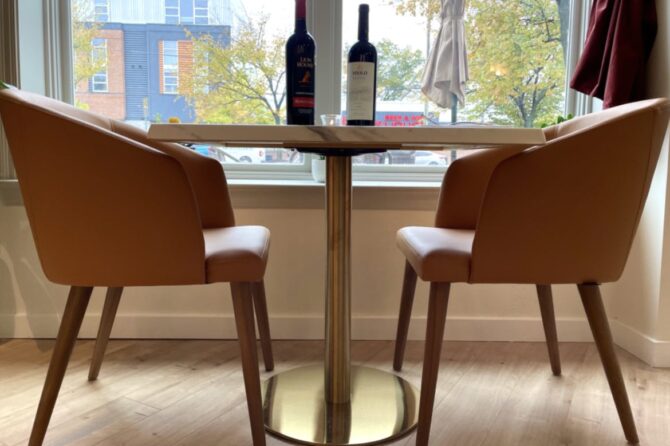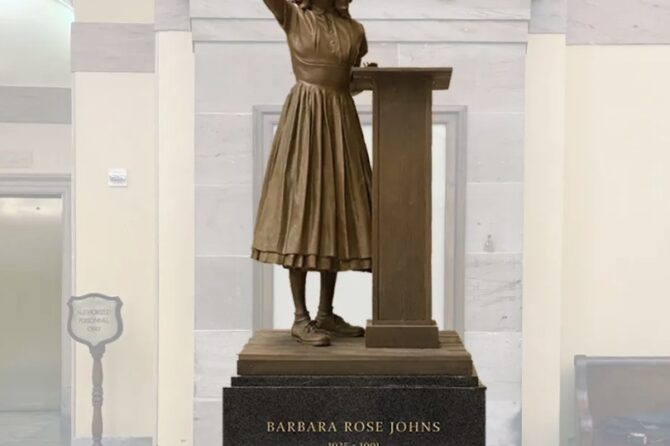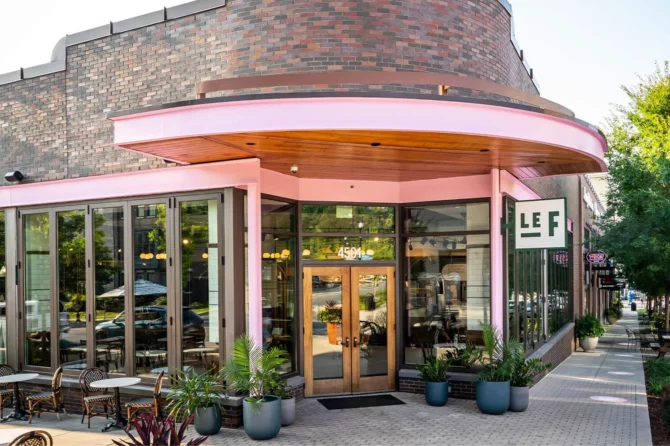WASHINGTON INFORMER: Seniors, children and people with heart or lung disease in the District should take extra care when spending time outside Friday as the Department of Energy and Environment has issued a Code Orange alert for air quality.
The alert, which indicates that the air is unhealthy for sensitive groups, went into effect in the evening on June 1. It will remain in place until at least midnight, though NBC4 meteorologist Chuck Bell predicted that cleaner air may not return until Saturday evening.
DOEE recommends that affected groups — including people with asthma — reduce time spent outdoors and avoid strenuous outdoor activity where possible. Though the general public is not likely to experience effects on Code Orange days, all residents should try to get inside if they notice any difficulty breathing or throat irritation.
The District monitors air quality using five monitoring devices stationed around the city. The agency is in the middle of expanding its air quality monitoring programs in environmental justice communities.
A Little Bit of Extra Context
Friday’s air quality issues stem, in part, from wildfires going on in New Jersey and Nova Scotia, Canada, according to Fox 5 meteorologist Matthew Cappucci. Wildfire smoke can travel hundreds or thousands of miles, adding harmful particulate and fine particulate matter to the air. As greenhouse gas emissions heat up the planet and cause hotter and drier weather, wildfire seasons are starting earlier in New Jersey and across the globe.
In addition, Friday’s forecast shows D.C. hitting its first 90-degree day of 2023. Hot temperatures can contribute to air quality issues, especially in cities. Ground-level ozone, a pollutant that can trigger asthma attacks and cause other respiratory issues, forms because of a reaction between pollution from cars and industrial sources and sunlight. Per the Environmental Protection Agency, ozone is most likely to reach unhealthy levels on hot, sunny days in urban environments.
Climate change is making this problem worse, too. Heat waves will become increasingly common and average temperatures will continue to climb. In fact, the District already experiences about 16 more days above normal temperatures during the summer than it did in 1970, according to a recent study by Climate Central. The same study found that the city’s summers are more than 2 degrees Fahrenheit hotter than they were in 1970.
Generally, air quality in the U.S. and in the DMV has gotten much better since the 1970s, largely due to increased monitoring and regulation of pollution.










